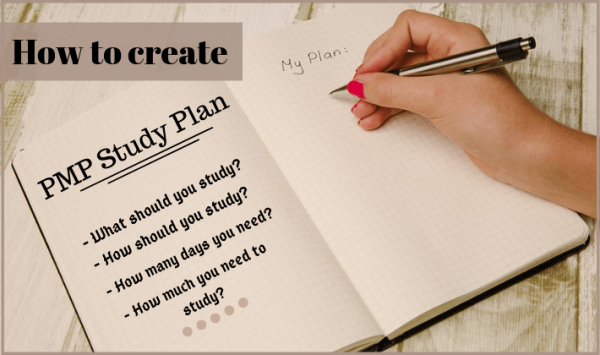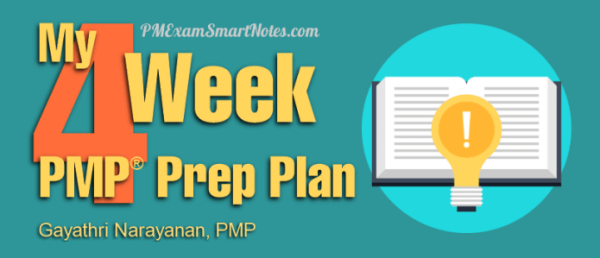A proper PMP study strategy is crucial for passing the certification test on the first attempt. You may be aware that poor project planning is the leading cause of project failure.
PMP certification is a project and you are its project manager. To pass the test, you need to create a suitable study strategy.
This article will teach you how to construct your own individual study strategy for the PMP test. There is also a free printable schedule template that you may use to make your own plan.
How Should You Prepare for the PMP Exam?

Beginning with the ultimate goal in mind and knowing how the PMP test is constructed is essential for building a study plan and passing the exam. check these guys out
First, the basics:
The exam consists of 200 multiple-choice questions that must be answered in four hours. Furthermore, the distribution of exam questions is based on the relative importance and frequency of use of the five Project Management Process Groups, with three of the Process Groups, Planning, Execution, and Monitoring and Controlling serving as the source areas for the majority of the questions.
Second, practical information:
Questions on the PMP test are created at random rather than methodically by Project Management Process Groups or Knowledge Areas. This information is critical in establishing your study approach and test-taking strategy.
Third, only 175 of the exam questions count toward your score; the other 25 are being “beta tested” for future examinations; you will not know or be notified which 25 questions do not count toward your exam score.
Another critical, and sometimes underestimated, aspect of comprehending the test format is “PMP vocabulary” — the PMBOK® Guide has a large vocabulary that is essential to understanding Project Management Knowledge Areas and Process Groups, as well as passing the PMP exam. The Glossary (beginning on page 695) is an essential resource for common acronyms and meanings required for study and passing.
What is the PMP Study Plan for 30 Days?

Most PMP candidates desire to earn their PMP certification as soon as feasible. As a result, many PMP training providers, blogs, and platforms will promote “30-day PMP study plan,” “60-day PMP study plan,” or “90-day PMP study plan.” However, successful PMP test preparation is required.
Remember that the typical PMP preparation time is 70-85 hours. To pass the PMP test in 30 days, you must devote around 3-4 hours daily to preparation. We don’t claim it’s impossible, but it takes a lot of devotion, solid project management experience, and enough time to prepare for the PMP test.
You may scale your PMP study into 30 days, 60 days, or 90 days if you consider the length, time, and processes as stated above. You will have a “30-day study plan,” a “60-day study plan,” or a “90-day study plan.”
Many of our PMP students completed their exams in under 30 days. Joffrey and Rahul are just two of them, and you can learn more about them by reading their 30-Day PMP Study Tips.
How Can I Create a PMP Study Plan?

Understand your requirements, determine the scope, and personalize your strategy to what your own approach necessitates.
The analysis of lessons learned from successful test applicants reveals the following best practices:
- Knowing what to research
- Understanding how to study
- Making a study plan
- Creating a study program Understanding the terminology
- Find a study buddy.
- Understand why study notes are important.
- Understand how to utilize practice examinations
So it’s no surprise that an examination of these lessons acquired from the experiences of thousands of certified PMPs supports the idea that designing a study plan personalized to your skills, experience, and project management knowledge is the best method to prepare for the PMP test. Preparing for the PMP test is comparable to planning a project:
Determine the scope (material to study)
Establish the deliverables (milestones of understanding based on Project Management Knowledge Areas and Process Groups)
Make a plan for completing your PMP certification studies.
Conclusion
Applying this approach to preparing for and passing the Project Management Professional (PMP)® certification exam entails comprehending the exam’s content, how the PMP® exam is constructed to measure your comprehension and expertise, and creating and sticking to a study plan. Starting with the ultimate goal in mind helps you to approach your study plan like a project, maximizing your time and resources and increasing your chances of obtaining your PMP certification.
